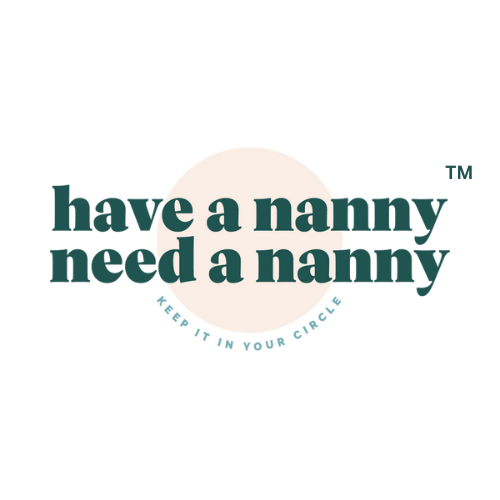Heat Wave Alert: Critical Tips to Keep Your Baby Safe
By Liza Maltz
This summer is scorching, with temperatures reaching unprecedented highs. While we all feel the heat, infants are particularly vulnerable to extreme weather conditions. With news of recent tragic events, such as the heartbreaking loss of a 4-month-old girl in Lake Havasu during a heat wave, underscore the critical importance of taking necessary precautions to protect our youngest and most vulnerable family members.
Understanding the Risks
Infants are at a higher risk of heat-related illnesses because their bodies are not as efficient at regulating temperature. They sweat less, which means they can't cool down as effectively as older children and adults. This makes it crucial for parents and caregivers to be vigilant and proactive during hot weather.
Tips for Keeping Infants Safe in Extreme Heat
1. Stay Hydrated: Ensure that your baby is well-hydrated. Infants under six months should have more frequent breastfeeding or bottle-feeding sessions. Older babies can have small amounts of water in addition to their regular feeds.
2. Dress Appropriately: Dress your baby in lightweight, loose-fitting clothes. Cotton is a good choice as it allows the skin to breathe. Avoid overdressing and always use a sun hat to protect their head.
3. Stay Indoors During Peak Heat: Try to keep your baby indoors during the hottest parts of the day, usually between 10 AM and 4 PM. If you must go out, stay in the shade as much as possible.
4. Use Fans or Air Conditioning: Keep your home cool using fans or air conditioning. If you don’t have air conditioning, consider visiting a public place like a library or shopping mall during peak heat times.
5. Cool Baths: Give your baby a cool bath to help lower their body temperature. Ensure the water is not too cold, as a sudden temperature change can be shocking.
6. Never Leave a Baby in a Hot Car: Even if it’s just for a few minutes, never leave an infant in a parked car. The temperature inside a car can rise rapidly, leading to heatstroke or death.
7. Monitor for Signs of Heat Stress: Be aware of the signs of heat stress, such as flushed skin, rapid breathing, restlessness, and reduced urination. If your baby shows any of these signs, seek medical help immediately.
8. Plan Outdoor Activities Wisely: If you plan to spend time outdoors, do so early in the morning or late in the afternoon when temperatures are cooler. Always bring plenty of fluids and take frequent breaks in the shade.
9. Understand Water-Related Risks: While playing in water can help cool down, it's important to remember that infants can still become dehydrated even when they're in or around water. Make sure they drink plenty of fluids, and take regular breaks out of the sun.
Communicate Safety Guidelines with Caregivers and Family Members
Rules for Outdoor Time and Unsafe Temperatures
- Limit Outdoor Time: On hot days, limit your baby's outdoor time to short periods. Ideally, keep outdoor activities to less than 30 minutes at a time, especially if temperatures exceed 85°F (29°C).
- Unsafe Temperatures: Avoid taking your infant outside if the temperature exceeds 90°F (32°C), as their bodies cannot effectively cool down in such extreme heat.
Communicate with Caregivers and Family Members
Remember to review these points with your caregiver and family members. What seems like a safe stroll or a fun time at the park can lead to devastating outcomes if precautions are not taken. Ensuring everyone involved in your child's care is informed and vigilant can help prevent heat-related incidents.
Being Proactive
Preventing heat-related illnesses in infants requires diligence and awareness. By following these tips and staying informed, you can help ensure that your baby stays safe and comfortable during the summer months. Remember, it’s always better to be overly cautious when it comes to your child's health and well-being.
For more detailed information and updates on heat safety for infants, refer to trusted sources(links below) and consult with healthcare professionals. Let’s work together to protect our children from the dangers of extreme heat.
Looking for a caregiver for Fall? Start here:
Sources
1. [People.com](https://people.com/4-month-old-girl-dies-heat-wave-lake-havasu-8675647)
2. [American Academy of Pediatrics](https://www.healthychildren.org)
3. [Centers for Disease Control and Prevention](https://www.cdc.gov)




